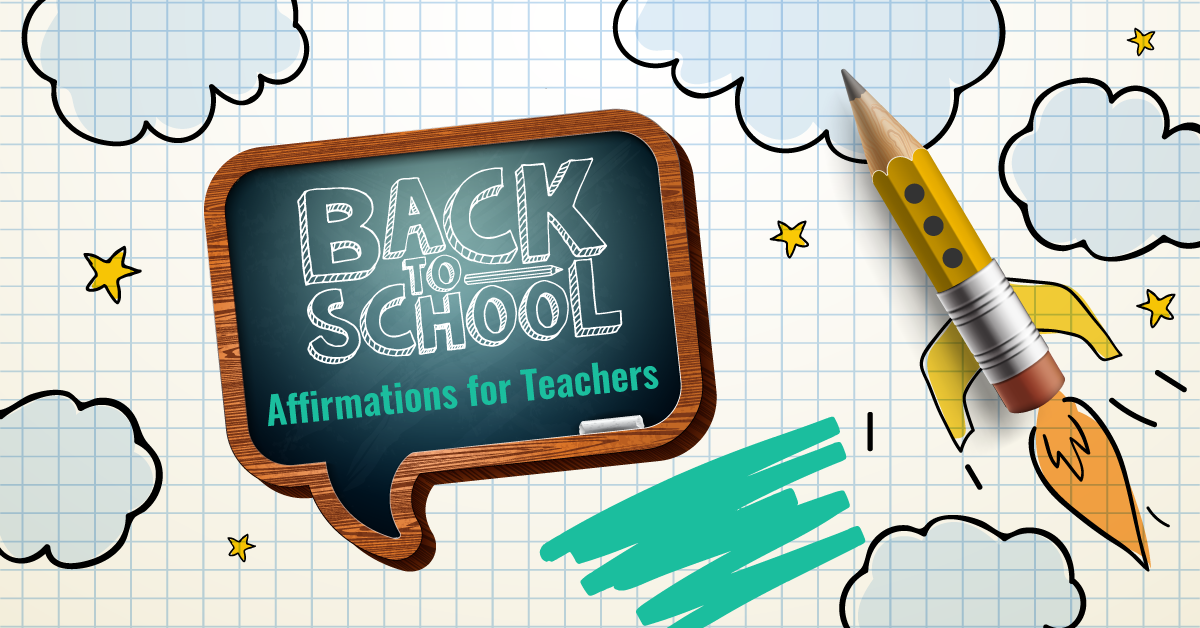The Dread Pirate Sadie: All the pirates, sword fights, and unforgettable characters - now in a competition-length version!
Be Ready for the Start of the School Year
Whether you’re a brand-new teacher or an established teacher with a couple of years of teaching under your belt, completing these five tasks will be the key to getting your school year off to a successful start:
- Set up your classroom.
- Prepare your curriculum.
- Establish classroom rules and expectations.
- Plan ensemble-building activities.
- Rest and reflect.
1. Set up your classroom.
Making sure your classroom is ready is job one. If you’re a new teacher, this will be your first chance to see your assigned classroom space. This will also be true if you have recently transferred schools or been assigned to a new classroom. No matter the circumstances, it’s crucial that you prepare your classroom space so it’s ready for students: organize your teaching areas, arrange the student seating, and make sure you have all the supplies you need, from furniture to extra pencils. Creating a well-thought-out and organized classroom space will set the tone for your entire year, so take the time now to make your space as efficient and effective as possible.
For more information about how to set up your classroom, check out the Classroom Setup Toolkit.
2. Prepare your curriculum.
The first few weeks of any school year comes hard and fast, and it’s easy to get lost in the weeds with respect to curriculum and lesson planning. There’s no worse feeling than being unprepared in front of a group of students, and the last thing you want to do is fall behind in the first month of school. That’s why it’s a good idea to prepare a number of lessons for each of your classes prior to the first day of school. Plan out your curriculum ahead of time (identifying the subjects you want to cover throughout the year), and have those first lesson plans ready when students come through the door. Being prepared for the first month of teaching buys you time to write the lessons you’ll need in the second month, which prepares you for the third month, and so on.
If you need information on how to properly write a lesson plan, take a look at the Lesson Planning Toolkit.
3. Establish classroom rules and expectations.
It’s important to have your classroom management plan in place before you begin to interact with students. Things move quickly in the drama classroom, and once you have students in front of you you won’t have the time or mental capacity to create your classroom rules or expectations. That’s why you need to have those rules and expectations ready to go on day one. When you have rules and expectations in place on the first day of school, you can spend the first month enforcing the rules instead of creating them.
If you need some guidance on setting up your classroom rules, you can find the top five discipline mistakes teachers make here.
4. Plan ensemble-building activities.
Building ensemble in the drama classroom is vital. Our classes require students to engage in creative problem solving and unconventional thinking, as well as physical and emotional risk taking. This demands vulnerability from our students, and that vulnerability cannot exist without trust. Theatre games and activities are a fantastic way to build trust in the drama classroom. These low-stakes activities allow students to work together and have fun. Through games, students work together to build ensemble and establish trust. That sense of ensemble is crucial for the more complex and challenging assignments to come, such as performing monologues and scenes. Building ensemble is an investment that will pay off over the course of the school year, so put together a list of your favorite ensemble-building activities and be ready to execute them in the first few days of school.
You can find some useful ensemble-building activities here.
5. Rest and reflect.
If you have never been a full-time teacher before, or if you’re teaching theatre for the first time, you may not be prepared for how physically demanding this subject is. New theatre teachers are often exhausted in the first few weeks of school, and that exhaustion can affect every aspect of your teaching. That’s why it’s important to take time in the first few days of school to rest and reflect. Pace yourself and make sure you practice self-care as often as necessary. Do what you need to do to disengage from your teaching duties and recharge your batteries. Give yourself the headspace to reflect on successes and challenges you encountered during those first few weeks of school, and allow those reflections to positively influence your teaching. The school year is a marathon, not a sprint, and small investments in your mental and physical well-being now will pay dividends throughout the school year.
Take some time now to develop simple strategies to take care of yourself.



